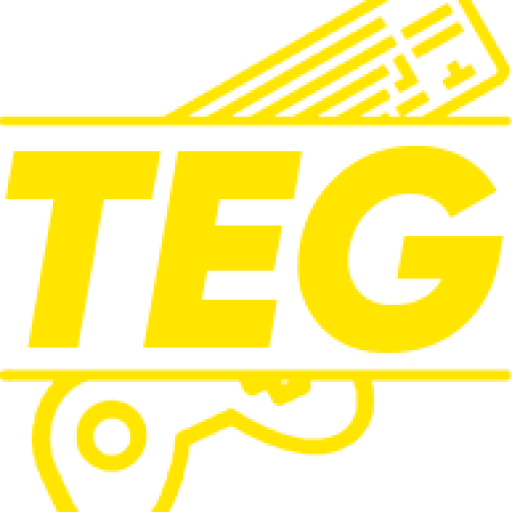In recent years, the educational potential of video games has gained significant recognition. Among the many platforms available, PlayStation video games stand out for their immersive experiences, cutting-edge technology, and captivating gameplay. These games have the power to revolutionize traditional learning methods by engaging learners in interactive virtual environments. This article explores how PlayStation video games can enhance learning, fostering skills development and creating memorable educational experiences.
Engaging and Motivating Learning Environment
One of the greatest strengths of PlayStation video games lies in their ability to captivate learners’ attention. The mesmerizing visuals, captivating narratives, and immersive gameplay draw players into a world of exploration and discovery. This engaging and motivating environment encourages active participation in the learning process, keeping learners focused and eager to progress.
Problem-Solving and Critical Thinking Skills
Many PlayStation video games require players to solve complex problems, analyze information, and make strategic decisions. These gameplay mechanics promote the development of critical thinking and problem-solving skills. Whether it’s unraveling intricate puzzles, navigating challenging mazes, or devising strategies to overcome obstacles, players are constantly exercising their cognitive abilities and honing their problem-solving skills.
Collaboration and Social Skills
PlayStation video games often offer multiplayer modes that foster collaboration, teamwork, and communication among players. Cooperative gameplay experiences encourage learners to work together towards common goals, fostering social skills such as effective communication, negotiation, and teamwork. The shared experiences and interactions within the game environment translate into valuable skills that extend beyond gaming.
Digital Literacy and Technology Skills
With the rise of digital technologies, it is crucial for learners to develop digital literacy and technological proficiency. PlayStation video games provide an excellent platform for familiarizing learners with digital environments and technologies. Interacting with game interfaces, using controllers or motion sensors, and navigating virtual worlds contribute to the development of technological skills that are applicable in various contexts.
Subject-Specific Learning
The PlayStation platform offers a wide range of educational games covering various subjects, including history, science, mathematics, and language learning. These games provide interactive and engaging experiences that enable learners to explore and understand these subjects in a dynamic and memorable way. From exploring historical events through immersive storytelling to discovering scientific concepts through interactive simulations, PlayStation games offer unique educational opportunities.
Hand-Eye Coordination and Motor Skills
Many PlayStation games require precise control and quick reflexes, promoting the development of hand-eye coordination and fine motor skills. The act of manipulating controllers or motion-sensitive devices challenges players to master control, dexterity, and coordination. These skills acquired through gaming can have positive effects not only within the virtual world but also in real-life activities that demand manual proficiency.
Creativity and Imagination
Some PlayStation video games provide players with tools for creativity, such as level editors, creative modes, or open-world environments. These elements empower learners to express their creativity, imagination, and problem-solving abilities. By building virtual worlds, designing unique characters, or crafting innovative solutions, players are encouraged to think outside the box and unleash their artistic potential.
Cultural and Historical Understanding
Certain PlayStation games incorporate historical events, cultural references, and diverse settings, offering opportunities for learners to gain a deeper understanding of different cultures, time periods, and contexts. Exploring historically accurate virtual environments or engaging in narrative-driven experiences can provide learners with a unique perspective on cultural and historical aspects.
Conclusion
PlayStation video games have emerged as powerful tools for enhancing learning experiences. The immersive and interactive nature of these games engages learners and promotes critical thinking, problem-solving, collaboration, and digital literacy. Furthermore, subject-specific games, hand-eye coordination development, and opportunities for creativity and cultural understanding contribute to a well-rounded educational experience. By leveraging the educational potential of PlayStation video games, educators and learners can unlock a world of interactive learning.

